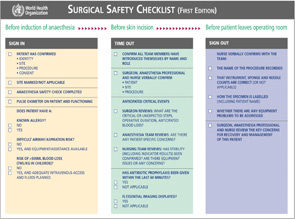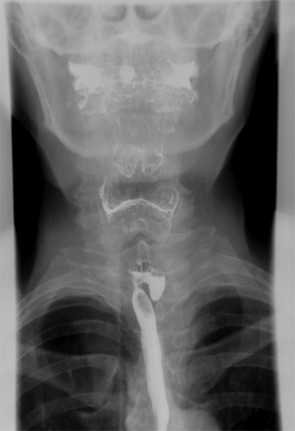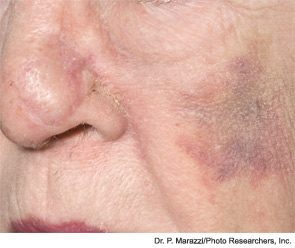Although rare, long-term taste complications following tonsillectomy may indicate a need for more pre-op counseling and post-op follow-up


Although rare, long-term taste complications following tonsillectomy may indicate a need for more pre-op counseling and post-op follow-up

The role of hyoid procedures in the surgical management of SDB remains uncertain, as several reports have emerged questioning their potential benefit.

Do the low weight, high rigidity and delicately engineered design of titanium prosthesis lead to superior hearing results?

Transoral incisionless fundoplication (TIF) shows promise for patients with gastroesophageal reflux disease

Once a rare symptomatic disorder characterized by kidney stones, bone loss, neuromuscular disorders and other hypercalcemic signs, PHPT is now appreciated to have a much higher incidence than previously thought, and to usually be only mildly symptomatic or even asymptomatic

A new study suggests the procedure can be safe for infants, and yield profound improvements in auditory outcomes.
While surgical fires are exceedingly rare they can have devastating consequences. The FDA and a coalition of health care providers recently launched the Preventing Surgical Fires Initiative to help physicians manage the risk of surgical fire.


A 78-year-old woman presented with a 10-year history of progressive dysphagia for solid foods and pills, with intermittent regurgitation of pills but not food. No aspiration or weight loss was reported. Her past medical history was significant for breast cancer, hypothyroidism and arthritis. No head and neck masses were appreciated. A modified barium swallow was obtained.

The right way to restore a patient’s nose after cancer depends on subtle factors: The shape, the depth, and the precise location of the wound all dictate how to go about the reconstruction, according to experts at the Triological Society Combined Sections Meeting.